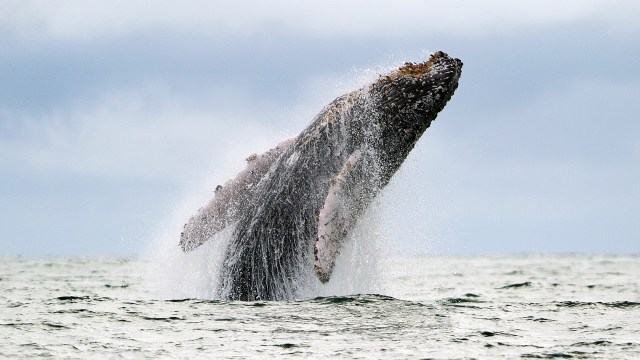Are You a Secret Memory Athlete?

When Nelson Dellis works out, he goes to ‘the mental gym.’
That is not to say he doesn’t work out his physical body- he’s a dedicated climber, he’s summited Mount Everest in 2016, Huantsán in 2015, Kilimanjaro in 2014, and more. It’s all listed in his blog Climb 4 Memory– an odd title, until one learns that Nelson Dellis is a four time Memory Champion, and he has dedicated so much of his life to help other people improve their memory to the best of his ability.
Dellis works on his memory every day, his favorite memory trick being the Method of Loci. This is something he claims helps organize his mind in an easy to use way, and it always helps him locate what he is looking for. Dellis began to work on his memory after his grandmother was diagnosed with Alzheimer’s. He swore it wouldn’t happen to him, and aimed to be a champion. He wanted to be the best: he was motivated to try every trick and every day to avoid the struggles of dementia. Working on his memory was like working on paying attention, he claims. He’s become more aware of remembering, more aware of focusing as he went through his day.
How can I remember this? What is the best way to remember this?
From the first time he began to study memory methods, he aimed to be number one, and not just ‘good.’ Dellis says this is how he came to be the four time champion- he didn’t aim to be better, but aimed to beat the people who won first place, from his start of training. He also understands that many people have grandmothers like him, or are like his grandmother themselves. This is why he’s put so much effort into the Extreme Memory Challenge.
Dart Neuroscience has sponsored memory competitions before, which is just one link between them and Dellis. They are also behind the Extreme Memory Challenge, an online experiment designed to test people’s memory over the spread of a few days. The research experiment hit the web December, 2015 to early January, 2016, and since then both the researchers and Dellis have been hoping for hits. They want one million people to try the challenge, so far they’ve had about fourteen thousand finish the test. The challenge is a two parter, and most (about twenty-two thousand) only finish the first part. Researcher Mary Pyc says they can learn from that anyway.
Pyc says they’re currently looking into that twenty-two thousand total to study demographics. With one hundred sixty-eight countries taking a part in the study, they can compare the rates of completion and the results with each other. They can study which country, region, or demographic is more likely to complete the test, or more likely to score a certain way. Before the Memory Challenge is completed, the information from the twenty-two thousand will be in a research study that Pyc is already working on.
The goal is to find those with a natural good memory- this means outliers like Nelson Dellis are not counted, as he trained for his ability. Pyc still encourages anyone to take the test; she explained that they need those who believe they have ‘bad’ memory to take it just as much as anyone else, or they will not be able to determine what is good or exceptional memory. Those with natural memory may send in their cheek swabs, and from there, Dart Neuroscience aims to find out if there is a genome that dictates memory.
Drug discovery isn’t too far away, and they hope they can find a way to help with diseases like Parkinson’s and Alzheimer’s. Pyc is excited, and is working on a report covering what they’ve already seen in the year of testing while waiting for the genome testing to come back. That information will be available to Pyc in a few weeks. Afterwards, it is a long process but a bright and hopeful one that could lead to medicines that treat deteriorative diseases. Or, we could all end up memory champions with the new genome research.
Watch Nelson Dellis explain the Extreme Memory Challenge:





